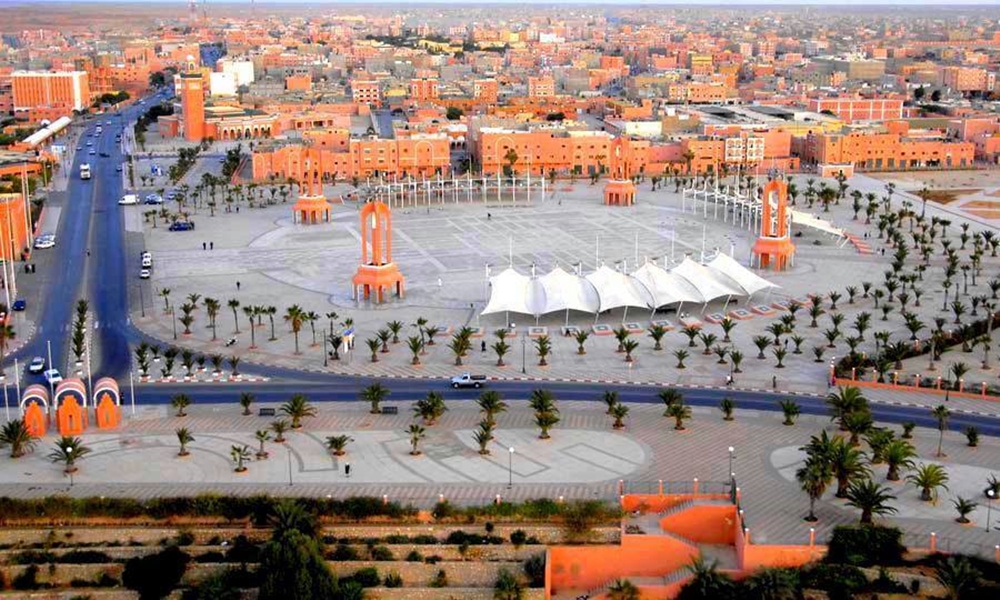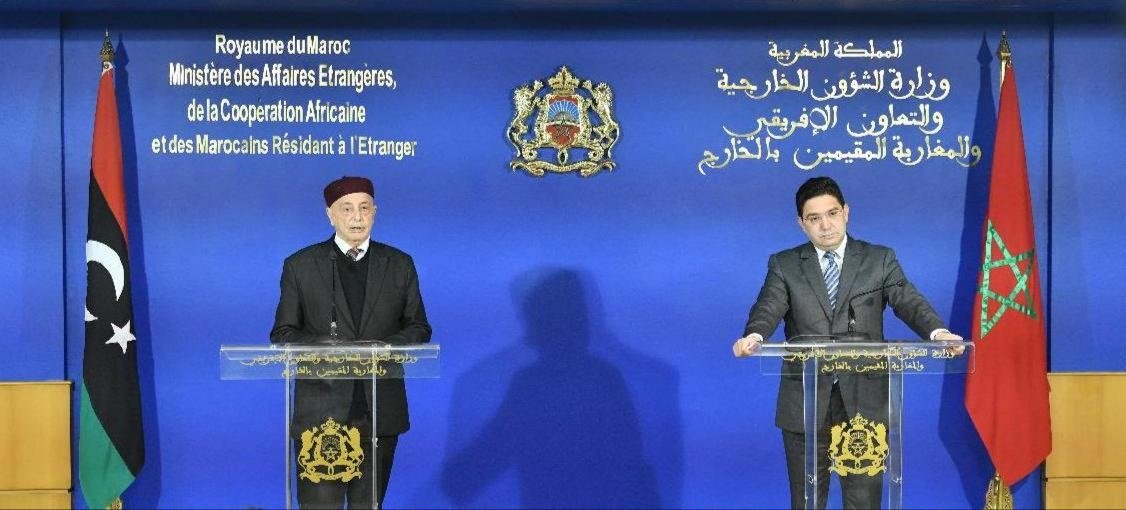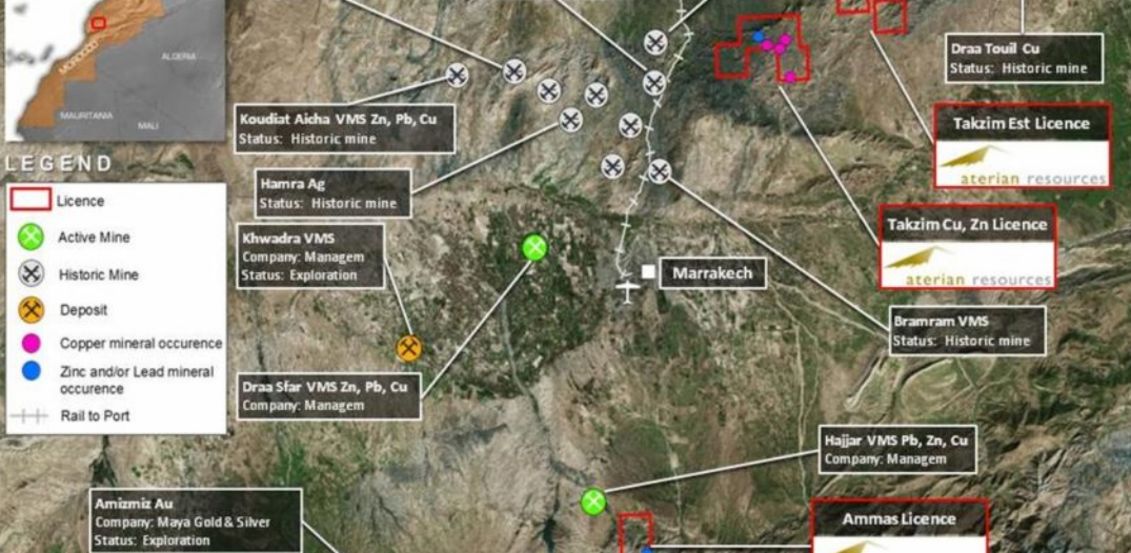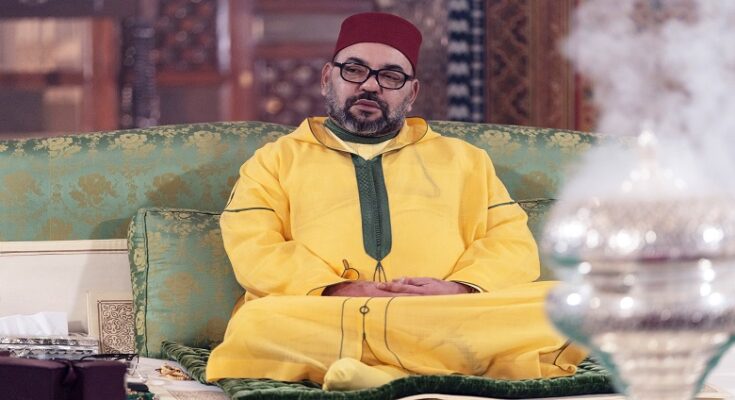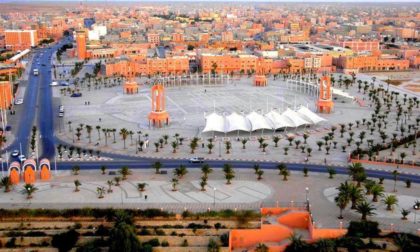 A delegation from the European Parliament’s Committee on International Trade (INTA) visited Morocco’s southern provinces, the Sahara, where they met officials, local elects, civil society activists and human rights advocates and witnessed on the ground the efforts underway in various fields including agriculture, economy, industry and renewable energy benefiting the local population.
A delegation from the European Parliament’s Committee on International Trade (INTA) visited Morocco’s southern provinces, the Sahara, where they met officials, local elects, civil society activists and human rights advocates and witnessed on the ground the efforts underway in various fields including agriculture, economy, industry and renewable energy benefiting the local population.
In the report published at the end of their mission, the MEPs who saw first-hand the dynamism of the economic fabric and the impact of the growth and exploitation of the region resources on the local population, highlighted the development efforts being undertaken in the southern provinces and the benefits drawn by the local populations.
The MEPs were in the Sahara early September as part of a fact-finding mission to examine the impact of the extension of preferential trade tariffs to the territory, as proposed by the European Commission and Council.
During the three-day visit, the MEPs learned about the development plan 2016- 2022 for the southern provinces launched by King Mohammed VI in November 2015 providing for projects worth 77 billion.
They were notably briefed by their various interlocutors about the projects launched in the fields of agriculture, fisheries, housing, renewable energies, health, education and women entrepreneurship.
The European delegation visited the French chamber of commerce in Laayoune where they learned about different French investments that aim at promoting employment among the youth, the report said.
In Laayoune, they also made a field trip to the Phosboucraa phosphate production plant, which earmarks a large chunk of its payroll to the southern provinces population.
The delegation also met the Chairman of the National Human Rights Council (CNDH) as well as the Chairman of the Regional Human Rights Council.
The visit was a chance to highlight that the resources of the Sahara are used to develop the region as for every 1 dirham received in the region Morocco spends 7 dirhams.
The MEPs’ visit came few days after debates at the European Parliament INTA on the renewal of the EU-Morocco Fisheries accord.
EU Commissioner for Economic & Financial Affairs Pierre Moscovici then told INTA members that the new deal is in line with the ruling of the European court of Justice, supports the local development and does not interfere with the UN political settlement process of the Sahara issue.
According to the European Commissioner, 45,000 local jobs depend directly or indirectly on fisheries and 14,000 jobs depend directly on agriculture.
End of July, the EU and Morocco sealed a new fisheries deal, which replaces the one that expired on July 14. Under the new agreement, the financial compensation paid by the EU to Morocco will go up from €40 million a year to €52.2 million.
